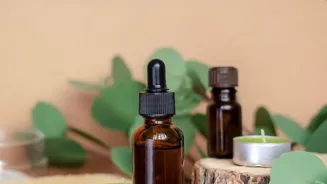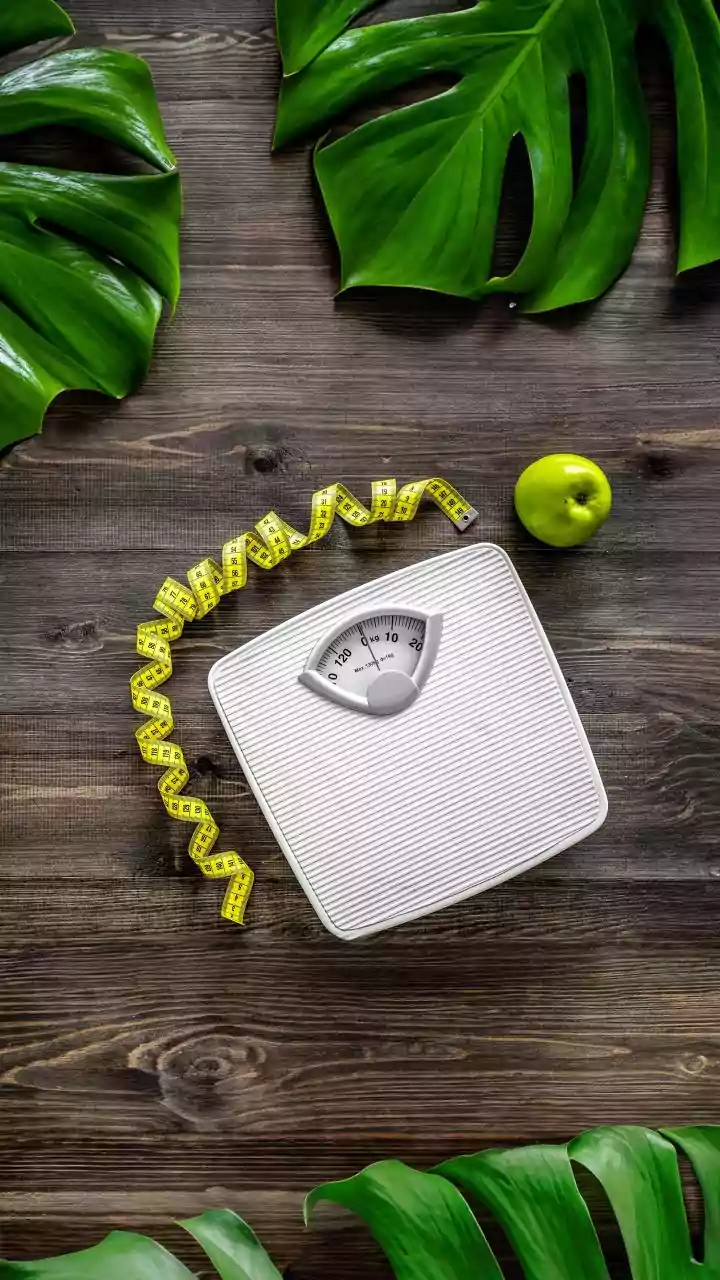Discover the ancient wisdom of Ayurveda for radiant skin. Unveil 7 timeless rituals for a natural glow
In a world saturated with quick-fix beauty trends and chemical-laden products, many are turning back
to the ancient wisdom of Ayurveda for sustainable and holistic skincare solutions. Rooted in India's rich heritage, Ayurveda views beauty as an outward reflection of inner well-being.
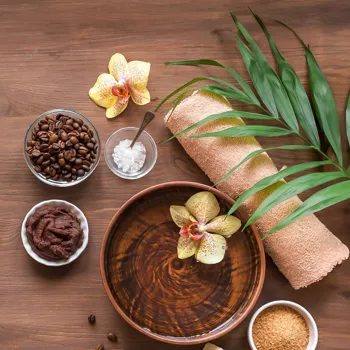
It emphasizes balancing the three doshas – Vata, Pitta, and Kapha – to achieve radiant and healthy skin naturally. These seven timeless rituals, passed down through generations, offer a pathway to unlocking your skin's inherent glow.
They incorporate natural ingredients and simple practices that can be easily integrated into your daily routine.
The Gentle Art of Cleansing (Ubtan Snaan)
Forget harsh soaps that strip away your skin's natural oils. Ayurveda advocates for gentle cleansing with natural ingredients like gram flour (besan), turmeric (haldi), and yogurt (dahi).
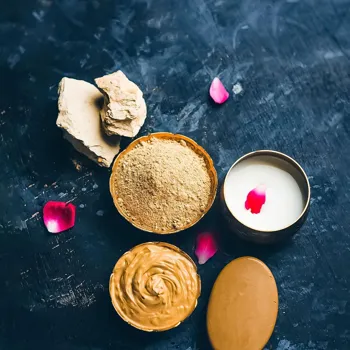
This age-old combination, known as ubtan, effectively removes dirt, grime, and excess oil without disrupting the skin's delicate pH balance.
Turmeric possesses potent anti-inflammatory and antibacterial properties, while gram flour acts as a mild exfoliant, sloughing off dead skin cells and revealing a brighter complexion. Yogurt, rich in lactic acid, gently moisturizes and softens the skin.
To prepare ubtan, simply mix equal parts of gram flour and turmeric powder with enough yogurt to form a smooth paste. Apply it to your face and body, gently massage in circular motions, and rinse off with lukewarm water.
This ritual is not just a cleansing routine, it's a nourishing experience that awakens your skin's natural radiance. Regular use of ubtan will leave your skin feeling soft, supple, and visibly brighter. The addition of rose water can also have calming and cleansing properties for sensitive skin.
This gentle cleanser replaces chemical-heavy options, paving the way for glowing skin.
The Power of Oil Massage (Abhyanga)
Abhyanga, or self-massage with warm oil, is a cornerstone of Ayurvedic skincare. It's more than just pampering; it's a therapeutic practice that nourishes the skin, calms the nervous system, and promotes lymphatic drainage. Choosing the right oil according to your dosha is crucial.
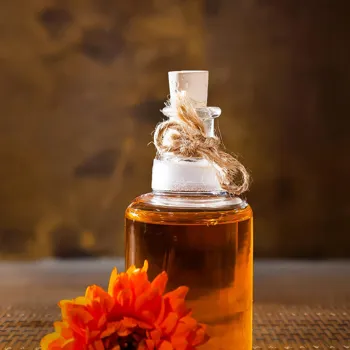
Vata types often benefit from richer oils like sesame or almond, while Pitta types find coconut or sunflower oil more soothing. Kapha types can opt for lighter oils like grapeseed or mustard oil. Warm the oil slightly before application to enhance its absorption.
Massage your entire body, starting from the scalp and working your way down to your toes, using gentle circular motions. Pay extra attention to dry areas like elbows and knees. Allow the oil to soak into your skin for at least 20 minutes before taking a warm bath or shower.
Abhyanga not only hydrates and softens the skin but also improves circulation, reduces muscle tension, and promotes a sense of relaxation and well-being. This practice is believed to detoxify the body, improves sleep quality and boost overall vitality.
The result is a radiant and healthy glow that emanates from within. Adding essential oils like lavender can also help with relaxation.
Facial Steam (Swedana)
Give your skin a spa-like treatment at home with a simple facial steam. Steaming helps to open up your pores, loosen trapped dirt and oil, and improve circulation. This prepares your skin to better absorb the benefits of subsequent skincare treatments.
To create a steam, fill a bowl with hot (but not boiling) water. Add a few drops of essential oils like tea tree (for acne-prone skin), lavender (for calming), or rose (for hydration).
Drape a towel over your head to create a tent and lean over the bowl, keeping your face about 10-12 inches away from the steam. Steam for 5-10 minutes, taking deep breaths, and allow the steam to cleanse and purify your skin.
After steaming, gently pat your face dry and apply a toner and moisturizer. Avoid scrubbing your face immediately after steaming, as your skin will be more sensitive.
Regular facial steaming can help to reduce blackheads, whiteheads, and acne breakouts, leaving your skin clearer, smoother, and more radiant. It also allows for better absorption of moisturisers and serums.
The Magic of Face Masks (Lepas)
Ayurvedic face masks, or lepas, are potent treatments that deliver targeted benefits to the skin. Depending on your skin type and concerns, you can create a variety of lepas using natural ingredients. For dry skin, try a mask made with honey, avocado, and milk.
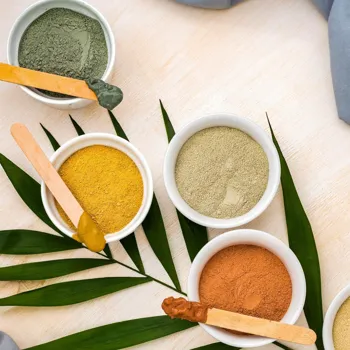
Honey is a natural humectant, attracting moisture to the skin, while avocado is rich in antioxidants and healthy fats. Milk gently exfoliates and softens the skin.
For oily skin, a mask made with Multani mitti (Fuller's earth), rose water, and neem powder can help to absorb excess oil, reduce inflammation, and prevent breakouts. Multani mitti is a natural clay that draws out impurities from the pores, while neem powder possesses antibacterial properties.
Rose water soothes and hydrates the skin. For sensitive skin, a mask made with sandalwood powder, aloe vera gel, and cucumber juice can provide cooling and calming relief. Sandalwood is known for its anti-inflammatory properties, while aloe vera gel moisturizes and soothes irritated skin.
Cucumber juice provides hydration and reduces redness. Apply the mask to your face and neck, leave it on for 15-20 minutes, and then rinse off with lukewarm water.
Toning and Hydrating with Rose Water (Gulab Jal)
Rose water is a staple in Ayurvedic skincare for its toning, hydrating, and anti-inflammatory properties. It helps to balance the skin's pH level, tighten pores, and soothe irritation. Use pure rose water, free from alcohol and artificial fragrances, as a toner after cleansing your face.
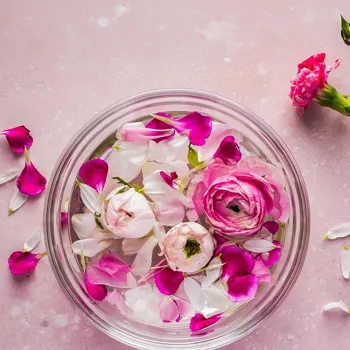
Simply spritz it directly onto your skin or apply it with a cotton pad. You can also use rose water throughout the day to refresh and hydrate your skin. Keep a bottle of rose water in your purse or on your desk and mist your face whenever your skin feels dry or tired.
Rose water can also be added to face masks and bathwater for extra hydration and relaxation. Its delicate fragrance has a calming effect on the mind and body. Regular use of rose water will leave your skin feeling soft, supple, and radiant.
Furthermore, pure rose water is easily and cheaply available.
Healthy Diet and Hydration
While external skincare is important, true radiance comes from within. Ayurveda emphasizes the importance of a healthy diet and adequate hydration for healthy skin. Include plenty of fresh fruits, vegetables, and whole grains in your diet.
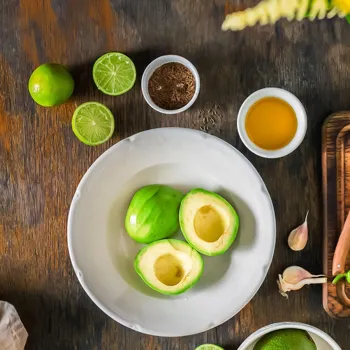
Avoid processed foods, sugary drinks, and excessive caffeine, which can contribute to skin problems. Drink at least 8 glasses of water a day to keep your skin hydrated from the inside out.
Incorporate foods that are rich in antioxidants, such as berries, leafy greens, and nuts, to protect your skin from damage caused by free radicals. And eat according to your dosha. A balanced diet that nourishes your body will, in turn, nourish your skin.
This combined with regular exercise, gives your skin the building blogs for natural beauty.
Mind-Body Connection (Yoga and Meditation)
Ayurveda recognizes the close connection between the mind and body. Stress and anxiety can manifest as skin problems, such as acne, eczema, and psoriasis. Practicing yoga and meditation can help to reduce stress, calm the mind, and promote inner peace, which can then reflect in your skin.
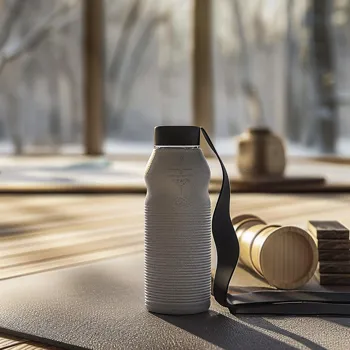
Yoga asanas improve circulation and lymphatic drainage, while meditation helps to quiet the mind and reduce cortisol levels, improving sleep quality. Even a few minutes of daily meditation or a gentle yoga practice can have a profound impact on your skin's health and your overall well-being.
Additionally, spending time in sunlight can provide Vitamin D and help keep skin healthy. Always seek medical advice from a dermatologist for skin issues.
AI Generated Content. Glance/InMobi shall have no liability for the content